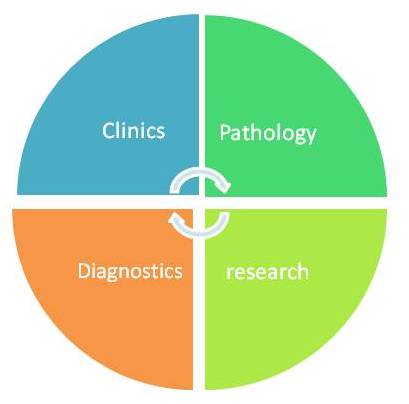Protozoa and helminths are responsible for several intestinal parasite infections (IPIs). Generally helminth infections are very unsafe but scarcely reported in high-income countries, while protozoa and helminth co-infections are usually reported in children living in inadequate hygienic-sanitary conditions and in rural areas. However, the impact of growing globalization, intense travelling, international adoptions and high levels of immigrants and refugees has significantly incremented the incidence of oro-faecal parasitosis in non endemic areas. Although most IPs clear without treatment when population, even children, emigrate from endemic to different geographical areas, some IPIs such as strongyloidiasis may persist for decades as subclinical infections or as low-grade disease with nonspecific clinical manifestations, unless to reappear under impairment conditions. Herein we report an unusual case of Giardia lamblia and Trichuris spp. chronic asymptomatic co-infection in a healthy adopted Romanian child, living in a Central Italy rural area, and an hidden case of Strongyloides stercoralis in an adopted Burundian child, resident in South Italy, long misdiagnosed as a recurrent undefined dermatitis. Our report suggests the need to review primary care practitioner guidelines and children's hospital procedures for appropriate IPIs screening and follow-up, hence providing new screening and prevention strategies, in agreement with international guidelines.

